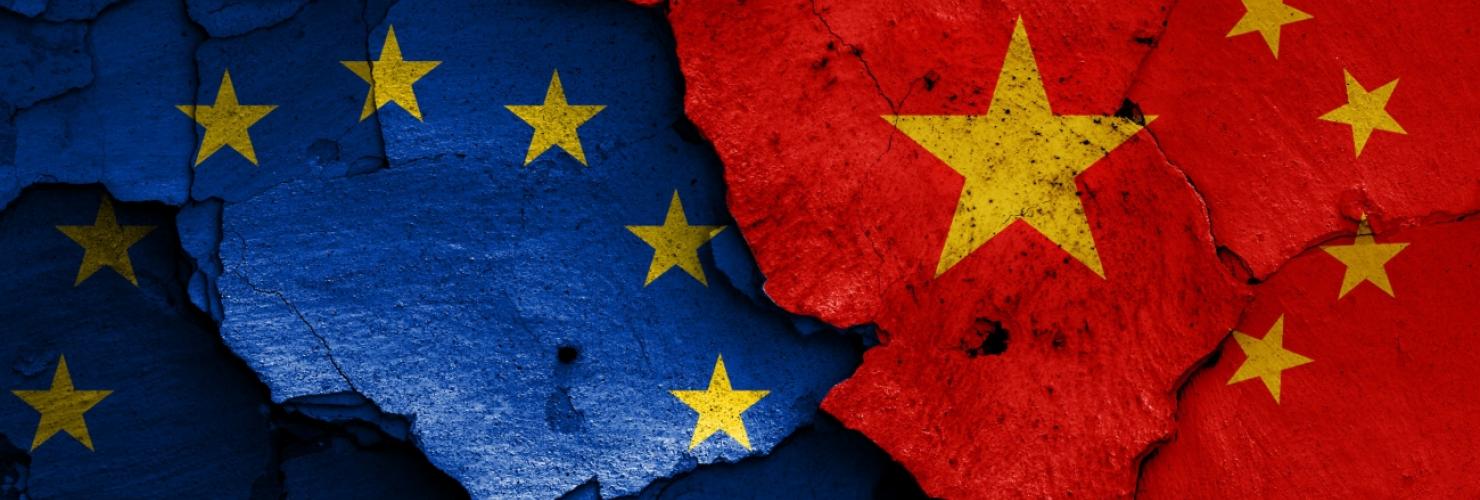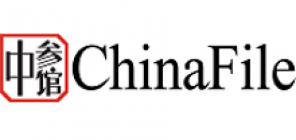

Europe’s sobering crisis
Beijing’s response to the coronavirus pandemic could prove to be an eye-opener for Europe. Lucrezia Poggetti says many leaders will be more clear-eyed when dealing with China. A shorter version was previously published on ChinaFile.
This year was supposed to be critical for Europe-China relations. Hopes were high for a Comprehensive Agreement on Investment (CAI) to be signed at the Leipzig Summit in September, one of three meetings of European and Chinese leaders planned for the year that could all end up being canceled or postponed. But the coronavirus pandemic suggests 2020 might still prove to be crucial for Sino-European relations – if in a different way.
The coronavirus has put China under pressure to handle a global reputational crisis
COVID-19’s emergence in China and the government’s initial cover-up of the crisis have put Beijing under pressure to handle a global reputational crisis, making it act in ways that might diminish the world’s trust in China. The crisis has also served as a reminder that the Chinese leadership’s interest in saving face takes precedence over public health, and that its crisis management ignores the protection of individual rights. This has undermined China’s claim to a global leadership role and to be treated by Europe as a better partner than the US.
We are still in the early stages of understanding the effects of the coronavirus pandemic and how it might shape Europe-China relations. A lot will depend on in how far European governments will find that they can trust Beijing to be a reliable partner once the health emergency is over. The outbreak has prompted European administrations to question the reliability of information coming from China at the beginning of the epidemic, to rethink their dependence on a single country for crucial medical equipment, and to reinforce their defenses in the event of foreign takeover attempts in a time of economic vulnerability.
In addition, European leaders have been irked by what they see as a shameless public relations campaign launched by Beijing in light of their countries’ need for medical supplies. Of course, European leaders do appreciate all forms of support, regardless whether they are exports or donations. But they know there is a geopolitical component to the “politics of generosity” (as the EU’s top diplomat, Josep Borrell, calls it) of China and other countries.
Beijing seems keen to use this opportunity to enhance its soft power
Hoping to divert the European public’s attention away from China’s responsibility for delaying the international response to the pandemic, Beijing has launched a major propaganda effort. The U.S. is the main target of conspiracy theories propagated by Chinese government officials – for example, that the US Army brought COVID-19 to Wuhan. But Beijing has engaged in disinformation activities in Europe as well – for example, about gratitude for Chinese help. Beijing seems keen to use this opportunity to enhance its soft power, promoting itself as a model for crisis management and selfless cross-border help.
To make matters worse for most EU leaders, Eurosceptic political leaders in Hungary, Italy, and Serbia have taken a similar narrative line to China. These populists contrast what they portray as China’s generosity with a supposed lack of solidarity on the part of their European partners. They want to be seen as the architects of special relationships with China that are allowing their countries to “save lives” in spite of the apathy of European neighbors.
That’s how Italian 5-Star-Movement luminary, Foreign Minister Luigi Di Maio, recently put it on Italian TV, very publicly playing up China’s role as “savior”. Having last year signed a Belt and Road memorandum of understanding with China, Di Maio seems keen to demonstrate that his policy is bearing fruit. While he celebrated a first batch of supplies coming from China live on social media, he kept a lower profile when help arrived from other countries. Beijing, for its part, has been happy to conflate exports with donations, giving the impression that all the shipments coming from China are selfless aid and not for-profit business.
This jointly constructed narrative might in the short-term win Beijing some hearts and minds among Europe’s more Eurosceptic citizens, who are more inclined to accept alternatives to traditional political alliances. As a result of slow initial responses to the epidemic and even counterproductive actions by the EU and the US, China’s campaign seems to be winning over at least parts of the Italian public. According to a recent poll, 36% of respondents saw China as the preferred extra-EU partner, while 30% favored the US – all against the backdrop of growing euroscepticism, with only 27% of respondents saying they had faith in the EU.[1]
But in the longer term, the Chinese government will find it more difficult to convince most European governments and citizens of its innocence in this crisis and of the benevolence of its many attempts to help. Some European leaders have already expressed skepticism about China’s self-promotion, and some officials have even hinted at a “reckoning”, calling for a a reassessment of relationships with China. International co-operation remains the key to dealing with the coronavirus pandemic. But once it is over, many European leaders look set to become more clear-eyed about engaging with China and its ruling Communist Party.
[1] The polling firm SWG canvassed 800 individuals for the Italian TV news program Tg La7 and calculated a margin of error of 3.5 points either side of the published numbers.
This is an edited version of an article published on ChinaFile on April 6, 2020.


